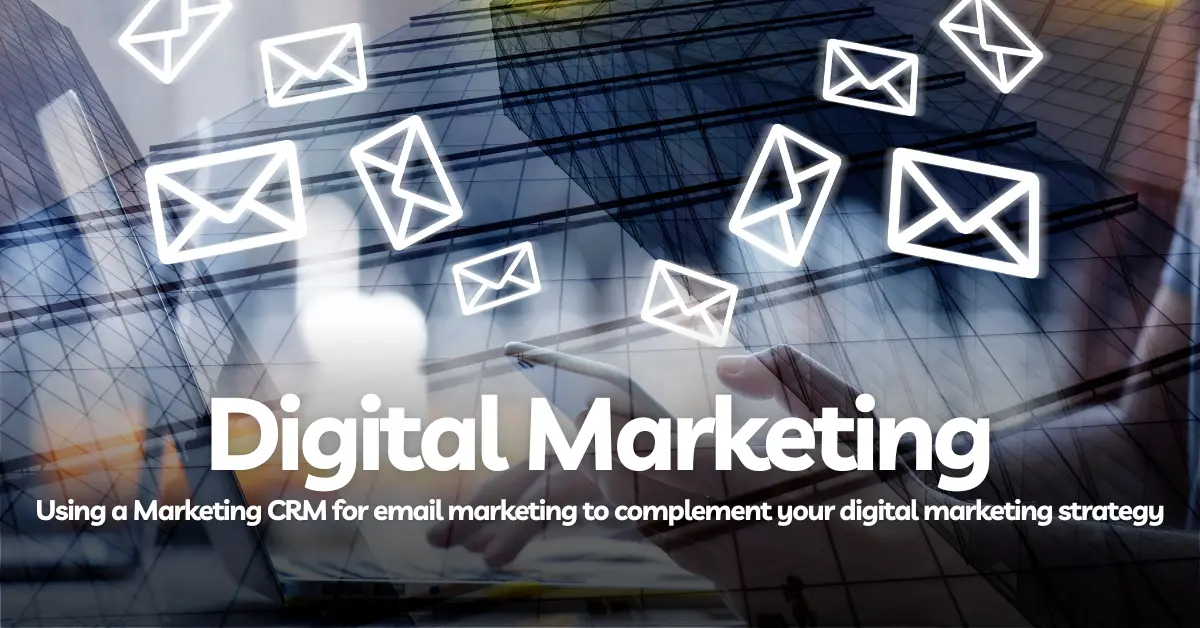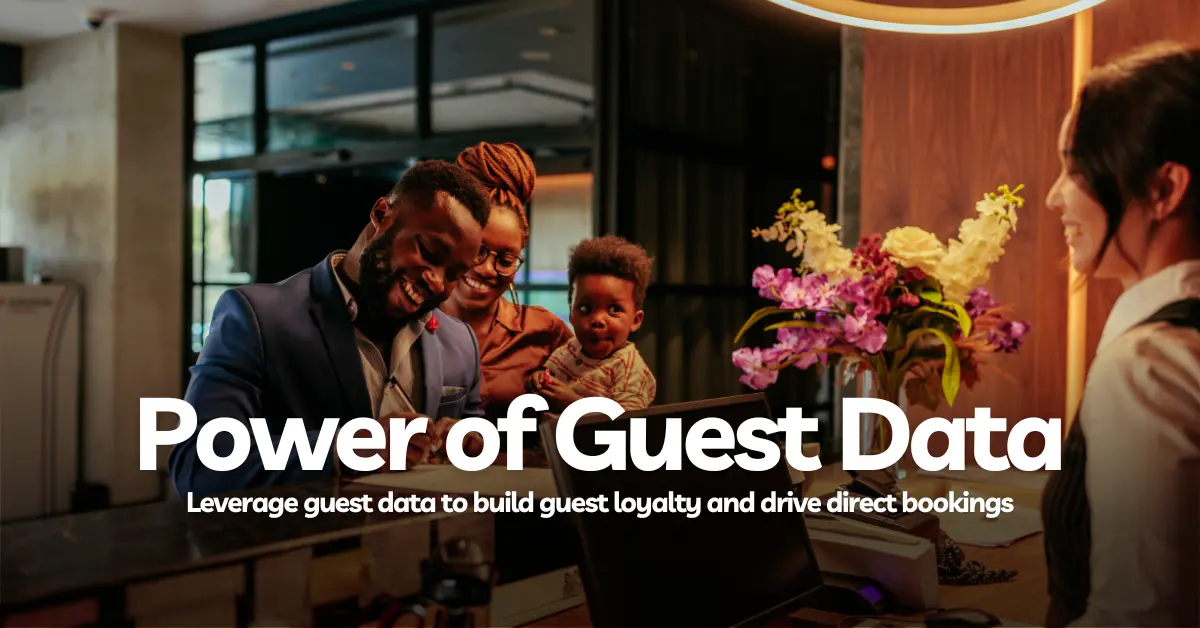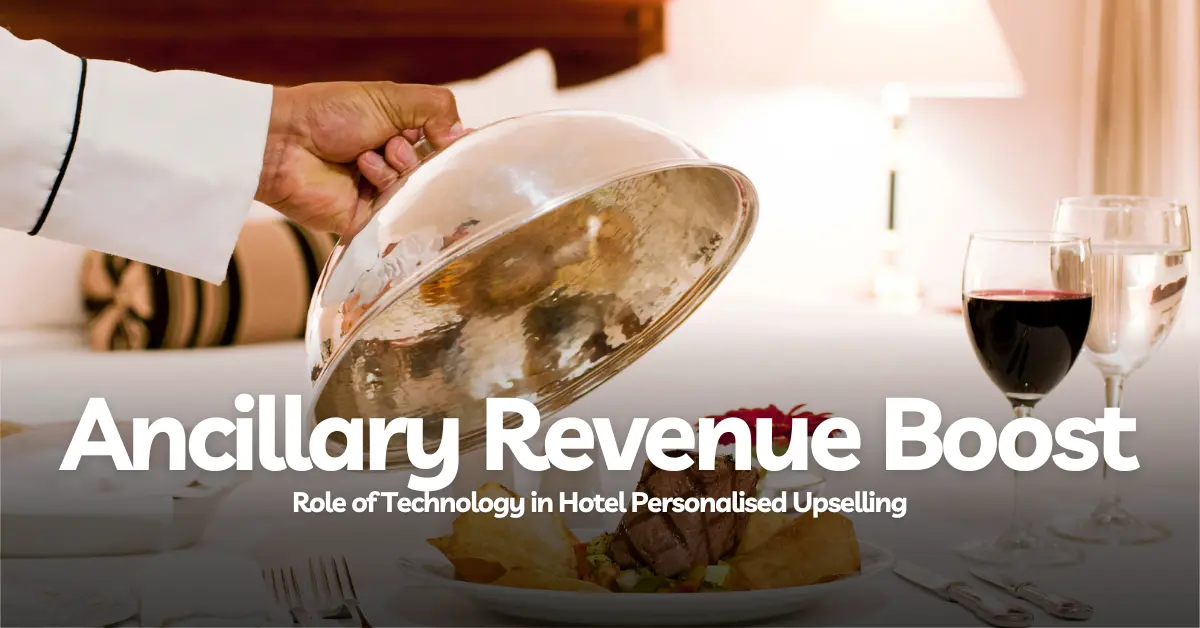In the dynamic landscape of the hospitality industry, where competition is fierce and customer expectations are ever-evolving, effective marketing strategies are essential for success. Email marketing remains a powerful tool for hotels to engage with their audience, and when combined with segmentation and targeted approaches, it becomes a game-changer. In this article, we delve into the intricacies of segmentation and targeting in hotel email marketing, exploring how these strategies can elevate guest experiences and drive business growth.
Understanding the Power of Email Marketing
Email marketing continues to be a cornerstone of digital communication strategies for businesses across industries, and the hotel sector is no exception. With a direct line of communication to guests, hotels can leverage email campaigns to build brand loyalty, promote special offers, and enhance the overall guest experience.
The Role of Segmentation in Hotel Email Marketing
Guests are diverse, with varying preferences, behaviours, and interests. One-size-fits-all communication strategies are no longer effective in capturing the attention of today’s discerning travellers. This is where segmentation comes into play.
Segmentation Defined
Segmentation involves dividing a target market into distinct groups based on certain criteria. In the context of hotel email marketing, this could include factors such as:
- Demographics: Age, gender, location, etc.
- Booking Patterns: Frequency of visits, booking channels used, etc.
- Preferences: Room preferences, amenities, etc.
- Loyalty Status: Regular guests vs. first-time visitors.
By categorising guests into these segments, hotels gain valuable insights that allow for more targeted and relevant communication.
Benefits of Segmentation in Hotel Email Marketing
- Personalisation: Segmentation enables hotels to personalise their email campaigns, addressing the unique needs and interests of each segment. Personalised communication fosters a sense of connection between the guest and the hotel, increasing engagement.
- Improved Relevance: Tailoring content to specific segments ensures that the information provided is relevant. For example, a loyalty program promotion may be more enticing to frequent guests, while a discount on spa services may appeal to leisure travellers.
- Increased Open and Click-through Rates: Relevant content leads to higher open and click-through rates. When guests see value in the information presented, they are more likely to engage with the email and take the desired action, whether it’s making a reservation or exploring special offers.
The Art of Personalised Targeting
Once segmentation lays the foundation, personalised targeting adds the finishing touch to hotel email marketing campaigns. It involves tailoring content and offers to meet the specific needs and preferences of individual guests within each segment.
Personalisation Techniques
- Dynamic Content: Use dynamic content blocks within emails to showcase different offerings based on the recipient’s preferences. For example, a business traveller might see information about meeting facilities, while a family may be presented with details about family-friendly activities.
- Recommendation Engines: Implement recommendation algorithms to suggest room upgrades, dining options, or activities based on the guest’s past behaviour and preferences. This enhances the guest experience by anticipating their needs.
- Personalised Offers and Discounts: Provide exclusive offers and discounts tailored to each segment. For instance, offer a spa package to guests who have previously shown an interest in wellness amenities.
Benefits of Personalised Targeting in Hotel Email Marketing
- Enhanced Customer Experience: When guests receive personalised content that aligns with their preferences, they feel valued and understood. This contributes to a positive overall experience and increases the likelihood of repeat business.
- Brand Loyalty and Trust: Personalised communication fosters a sense of trust and loyalty. Guests are more likely to choose a hotel that understands and caters to their needs, building a long-term relationship.
- Increased Revenue: Targeted offers and promotions are more likely to convert, driving revenue for the hotel. By presenting guests with relevant options, the chances of upselling and cross-selling are significantly improved.
Implementing Segmentation and Targeting in Hotel Email Marketing
Data Collection and Analysis
The first step in effective segmentation and targeting is collecting relevant data. This includes information obtained during the booking process, guest surveys, and interactions with the hotel’s website and social media channels. Advanced analytics tools can then be employed to derive meaningful insights from this data.
Segmentation Strategy Development
Once the data is collected, hotels can develop a segmentation strategy that aligns with their business goals. This involves identifying key segments and determining the criteria for inclusion in each group. The goal is to create segments that are actionable and allow for targeted marketing efforts.
Personalisation Tools and Platforms
To implement personalised targeting, hotels can leverage Guest Experience Solutions that offer features such as guest engagement automation, marketing CRM and integration with PMS systems. These tools streamline the process of crafting and delivering personalised campaigns.
Monitoring and Adaptation
The effectiveness of segmentation and targeting strategies should be regularly monitored and analysed. Key performance indicators (KPIs) such as open rates, click-through rates, and conversion rates can provide insights into the success of campaigns. Based on this feedback, hotels can adapt their strategies to continually improve results.
Conclusion: Elevating Guest Experiences through Segmentation and Targeting
In the competitive realm of hotel marketing, the ability to connect with guests on a personal level is a distinguishing factor. Segmentation and targeted approaches in email marketing empower hotels to understand their guests better, anticipate their needs, and deliver customised experiences.
By embracing segmentation, hotels can break down their diverse guest base into manageable groups, each with its own set of characteristics and preferences. This sets the stage for personalised targeting, allowing hotels to deliver content and offers that resonate with individual guests, fostering loyalty and driving revenue.
In the era of data-driven marketing, hotels that invest in segmentation and targeted approaches position themselves to not only survive but thrive. As technology continues to advance, the ability to harness data for personalised communication will be a key differentiator in the fiercely competitive hospitality landscape. In the end, it’s not just about sending emails; it’s about forging meaningful connections that leave a lasting impression on guests, turning them into loyal advocates for your brand.





